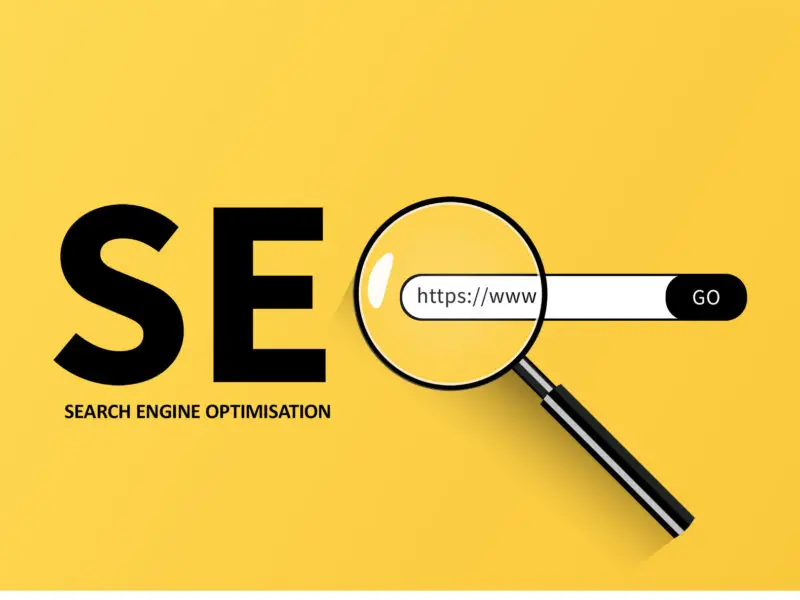Why Organic SEO is More Important Than Ever
You may have noticed that Google has reduced the number of ad spaces that appear in its search results. While this might please consumers looking for products or services, for marketing professionals and businesses, the Google AdWords landscape has become much more competitive—especially for those in service industries.
For small businesses that have relied heavily on pay-per-click (PPC) ads, rather than focusing on improving their organic page rankings, this shift signals a need to change their approach. Organic SEO is now more important than ever.
What’s the Big Change?
For product searches, Google has removed text ads from the right-hand side, displaying product ads instead. For service industry searches, there are no right-hand ads at all. The top of the page now shows four ads (up from the previous three), with a further three ads appearing at the bottom of the page. In between the paid listings, you’ll find map results, followed by organic results.
To see this in action, search for “electrician” in Google, then try “dining table.” You’ll notice the absence of right-hand ads. This change has made PPC a lot more competitive. While it’s not entirely out of reach for small businesses, it’s important to monitor your return on investment (ROI). In certain industries, investing time and effort into organic SEO may prove more beneficial.
Organic SEO: Back to the Future?
Although Google isn’t the only search engine, it’s still the most influential when it comes to finding what we want online. In the past, SEO often involved exploiting loopholes to get businesses onto the first page of results, or even at the very top. However, algorithm updates over the years have made organic SEO a more sophisticated endeavour. It’s no longer about stuffing keywords but rather ensuring that content is relevant, engaging and provides a great user experience.
Google consistently rewards high-quality content over keyword stuffing. Businesses that embrace this will have the most success in organic rankings. Even if your business currently ranks highly, resting on outdated tactics may cause your rankings to slip over time.
Are Keywords Still Important?
The short answer is yes, but with a significant caveat. Your content must align with the searcher’s intent. It’s no longer about inserting keywords in hopes of ranking higher but rather about ensuring that your content addresses what users are searching for and is relevant to your website as a whole.
Google focuses on user experience, stating that if you optimise for people rather than search engines, your site will naturally rank well.
Another recent change is that word count has become more important. Google now favours longer, more detailed content that provides comprehensive coverage of a topic. This means you should include key terminology that aligns with your industry—whether that’s running a bar, offering legal advice or selling LED lightbulbs.
Other SEO Factors
Internal linking is still crucial, but it’s not about cramming as many links as possible into a page. They need to be relevant and enhance the user experience. Including proper meta-descriptions, H1 tags and a cohesive site-wide strategy that connects your content are essential elements of organic SEO.
Additionally, your website’s usability is now a significant factor. Does your site load quickly? Is it mobile-friendly? With Google’s focus on mobile-first indexing, ensuring your website is responsive on smartphones and tablets is critical. While outdated practices like accumulating irrelevant inbound links can hurt your ranking, earning high-quality backlinks from reputable sites is still valuable. Of course, the only way to do this is by consistently producing engaging, high-value content.
In Summary
Organic SEO is more important than ever, but it’s also more complex. With the right strategy, however, you can significantly improve your rankings.
SEO has never been static. Like all forms of marketing, it requires innovation and adaptability. In the fast-paced digital world, nothing stays the same for long. If you’d like to discuss your SEO strategy or any other aspect of digital marketing, contact our expert team on 01604 654545 or email hello@thelasthurdle.co.uk.





